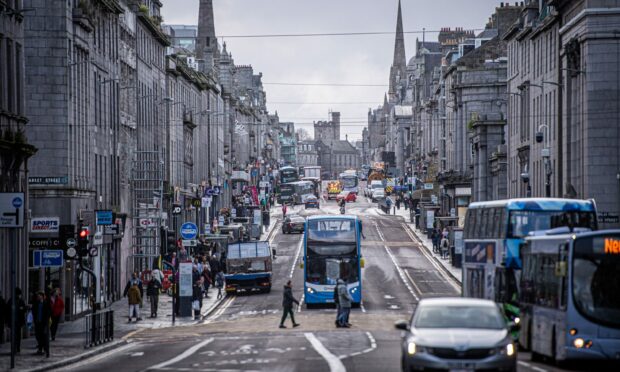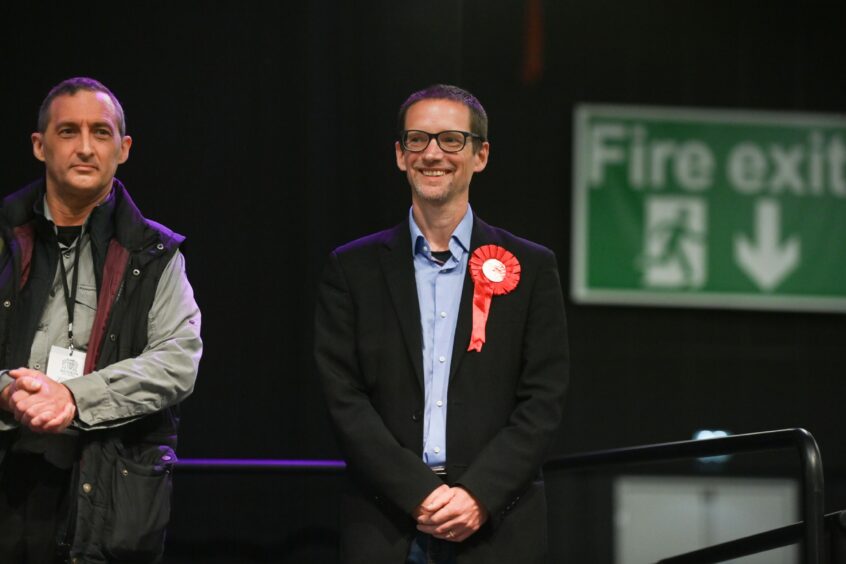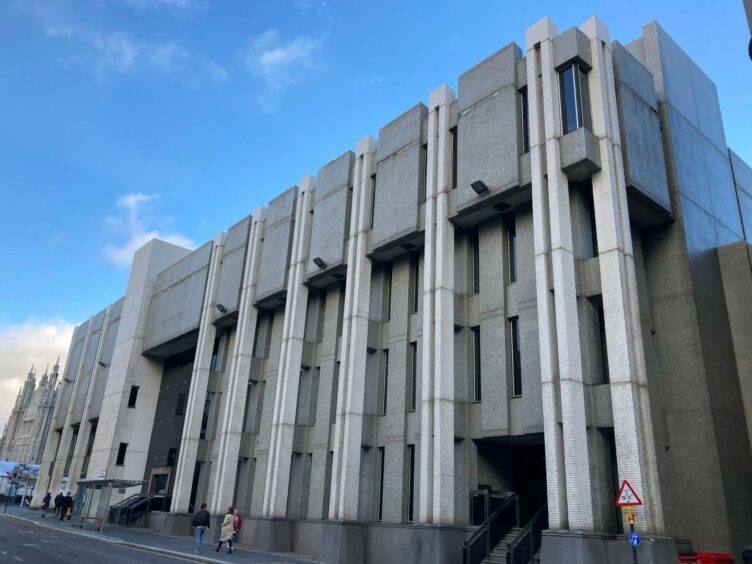A Citizens’ Assembly could be set up in Aberdeen giving residents the chance to shape future proposals aimed at tackling poverty and inequality in the city.
Once established, the group will work alongside Aberdeen City Council’s anti-poverty and inequality committee with an initial focus on gender inequality.
It will be made up of 40 residents who will be randomly selected to discuss an issue and give a recommendation about what should be done.
It is hoped that selecting members at random will ensure there is a diverse mix of participants to best represent the needs and interests of all Aberdeen residents.
Councillors will consider recommendations
Citizen’s Assembly meetings could last up to four days giving members the chance to discuss a topic at length before making their final suggestions.
The local authority will help assembly members by giving them information on existing policies, data and the council’s budget.
However, councillors will ultimately decide whether or not to take up the assembly’s recommendations.
Assembly needs ‘the right people in the room’
The anti-poverty and inequality committee met in the Town House earlier today to consider the proposal.
Labour councillor Simon Watson said it was important the recommendations had a “reasonable chance” to be put into effect and said the assembly needed “the right people in the room”.
He asked: “How do we reach out beyond those people who are already involved in various groups and reach out deeper into the community to people who maybe haven’t had their voice heard so far?”
Four days attendance ‘not attainable’
Mr Watson also queried if people attending would be compensated for attending the meetings if it meant they had to miss work.
He said: “If we are trying to get people who are suffering from poverty, people who may be on state benefits or people on low pay, then taking four days off work is simply not attainable.”
However, the council’s locality inclusion manager, Paul Tytler, said meetings could be held in the evenings or over weekends to reduce the impact on its members.
Mr Tytler also said the local authority would look at reimbursing costs where possible.
Citizens’ Assembly topics still to be decided
Following the debate, committee members unanimously agreed that work should begin on forming the Citizens’ Assembly.
An update on the matter, along with potential topics for the group to consider, will go before the committee in May.
Have Citizens’ Assemblies been used before?
The Citizens’ Assembly of Scotland was set up in 2019 by the Scottish Government to discuss the future of the country and how it could overcome a number of challenges such as Brexit.
Glasgow City Council formed one last year to focus on the city’s transition towards net zero and the legacy of COP26.
Meanwhile, Citizens’ Assemblies have also been utilised worldwide in countries including Canada, France, Belgium and the United States.


